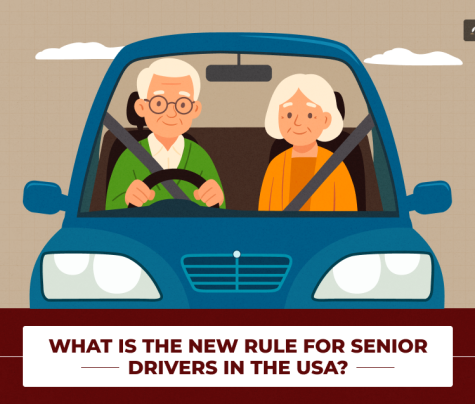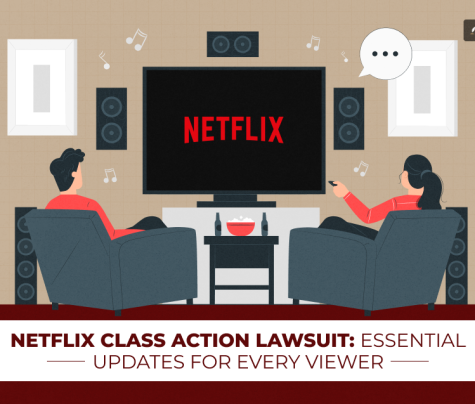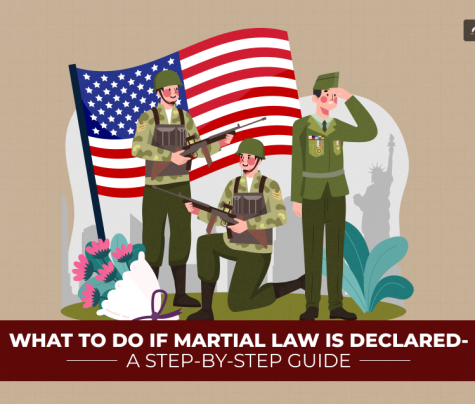
We hear about all-terrain vehicle injuries every other day!
All-terrain vehicles (ATVs) are mainly for recreational purposes. However, some (such as laborers and farmers) also use them to access remote worksites.
Thousands of Americans sustain injuries from these small, motorized vehicles annually.
Furthermore, children aged between 6 and 17 years are often victims of all-terrain vehicle injuries.
They get involved in all-terrain vehicle injuries and mishaps as riders or passengers by not following basic safety rules, such as wearing helmets.
Hi, in today’s blog, we will discuss how you can legally deal with all-terrain vehicle injuries and mishaps.
All-Terrain Vehicle Injuries And the Implications Of Their Names
All-terrain vehicles (ATVs) drive seamlessly on all terrains. However, this definition does not offer a true picture of all-time vehicles and the risks associated with them.
The first ATV version had three wheels. However, the authorities banned their production.
On 24th October 2024, the United States Product Safety Commission recalled all adult and youth all-terrain vehicles by Ricky Powersports.
The Commission recalled the vehicles because of the high risks of severe injuries and the violation of the Federal ATV safety rules.
Further, the Commission asked all the users of the Ricky Powersports ATVs to recall the vehicles and contact Ricky Powersports for a refund.
ATVs now drive on four low-pressure wheels. This new version can comfortably travel on rough, rocky, and muddy ground.
Still, you will find it challenging to control them on paved surfaces. That is why several jurisdictions have banned driving ATVs on paved streets or roads.
Understanding The Severity Of All-Terrain Vehicle Injuries In Pennsylvania
- On average, seven hundred people died in ATV mishaps in the U.S. between 2016 and 2018.
- Further, over 500,000 individuals suffered severe injuries from ATV accidents between 2015 and 2020.
- The United States Consumer Product Safety Commission (CPSC)
ATV drivers often sit on a seat placed on the vehicle’s engine to make the ride fun. However, it can pose an unimaginable risk, as the vehicle can easily overturn when speeding or riding on the pavement.
“Motor vehicle drivers have an extra layer of protection with a reinforced roof and seat belt. However, ATV drivers do not enjoy this luxury. You can get thrown out of your vehicle or crushed underneath your ATV if you are involved in an accident or collision,” observed personal injury attorney Joseph Marrone of Marrone Law Firm, LLC.
What Are The Common All-Terrain Vehicle Injuries?
Head and neck injuries are the most common in ATV accidents. Fractured arms and legs, bruises, chest and abdominal injuries, dislocations, and burns are also usual all-time vehicle injuries.
However, one of the most devastating injuries is a traumatic brain injury (TBI). A victim can become unconscious after a TBI.
It is essential to add that consciousness does not always indicate the severity of one’s head injury. You may also experience the following inconveniences.
- Ringing in your ears
- Headache
- Dizziness
- Mood Swings
- Memory Loss
- Blurred Vision
- confusion
Further, the symptoms of moderate to severe TBIs are the following:
- Convulsions
- Slurred speech
- Lack of Coordination
- Difficulty in waking up after sleep
- Vomiting
- Enlarged pupils
It can take some time for the signs of a TBI to begin manifesting after an accident. Thus, quickly seek medical intervention if you sustain a head injury in an ATV mishap.
How To Stay Safe from All-Terrain Vehicle Injuries?
Driving safely is often safer and more logical than treating injuries caused by negligent ATV driving.
According to the Consumer Product Safety Commission (CPSC), ATV drivers should avoid paved surfaces and overloading. They should also undergo all the necessary training and wear protective gear.
You must also be law-abiding. Adhere to every law guiding ATV operation in your jurisdiction for your safety.
Underage children should also avoid riding adult ATVs as they lack the strength and maturity to control them.
More importantly, a child under the age of six should not ride an ATV, even as a passenger.
Here are more preventive tips that will help you to avoid all-terrain vehicle injuries.
- Wearing helmets of motorcycle quality
- Wearing other protective gear, such as gloves, boots, eye protection, long-sleeved shirts, and long pants
- Only driving ATVs in the daylight
- Driving ATVs on off-road terrains and avoiding paved roads
- Maintain the speed limit while driving ATVs on specific trails and terrains.
Treatment And Long-Term Care for All-Terrain Vehicle Injuries
You may need several weeks or months to properly treat an injury you sustain from an ATV accident.
Physicians will need to run physical examinations and CT scans before adequately affirming the situation of your injury.
If you have a mild condition, you may need to rest and desist from activities until you fully recuperate.
However, if your situation is severe, your physician may need to conduct physical tests, scans, and emergency surgery to repair fractured areas or remove blood clots.
You must keep all the documents and expert opinions related to your treatment and recovery handy to prove a case.
The Legal Solutions To All-Terrain Vehicle Injuries: A Personal Injury Lawsuit And More
A personal injury lawsuit is the legal solution for all-terrain vehicle injuries. The personal injury lawsuit will contain your claims against the damages.
Further, if the all-terrain vehicle injuries have occurred at work, the claims of your damages will be covered by the Workers’ Compensation Act.
Again, you can also file a product liability suit if the accident was due to a defective part or design of the vehicle.
This means that the manufacturer or any other concerned entity failed to do due diligence on the ATV.
However, in all scenarios, you will need the intervention of a personal injury lawyer to collect evidence and prove negligence, make rightful claims, and seek compensation.
Moreover, in Pennsylvania, you will have to file personal injury claims for all-terrain vehicle injuries within two years of the date the accident occurred. If your suit is successful, you can recover damages for lost wages, medical costs, property damage, and pain and suffering. These are elements of your personal injury claims against all-terrain vehicle injuries.
Read Also:
- Essential Facts to Know Before Hiring Personal Injury Lawyers
- Benefits of Hiring a Personal Injury Lawyer You Did Not Know About!











0 Reply
No comments yet.